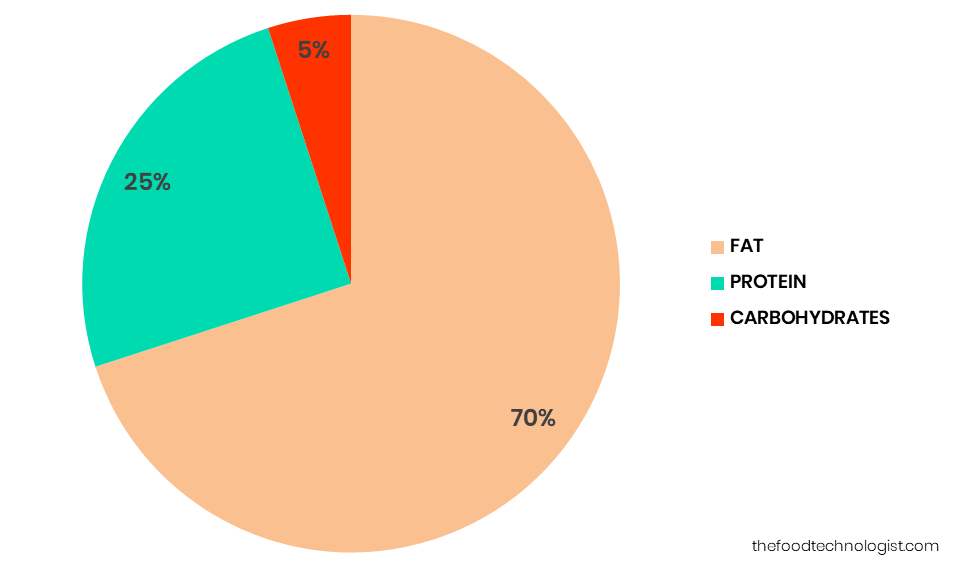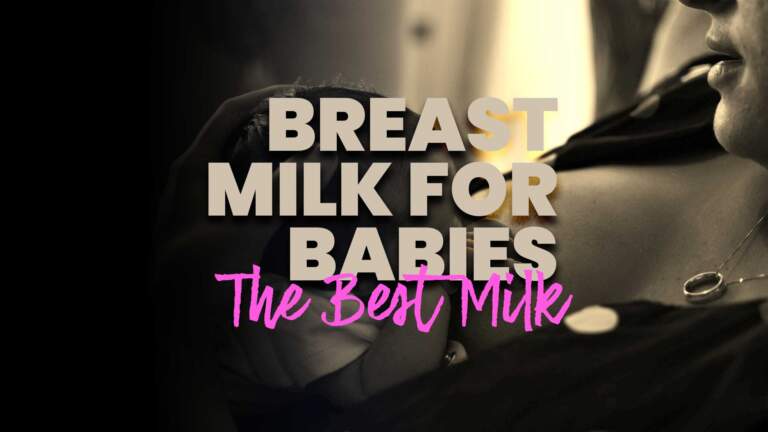We have heard about Keto or ketogenic diet, but ‘What is the meaning of the keto diet exactly?’. In this article we will see about Keto diet, Advantage and Disadvantage of Keto diet. The Keto diet is explained.
What is a Keto diet?
Meaning of the keto diet can be easily explained as- Keto is high in fat, moderate in protein, and very low in carbs. Your nutrient intake should be something around 70% fats, 25% protein, and 5% carbohydrate.
Typically, anywhere between 20-30g of net carbs is recommended for everyday dieting – but the lower you keep your carbohydrate intake and glucose levels, the better the overall results will belt this ratio that will force the body to derive much of its energy from ketones.
That means eating mainly meats, eggs, cheese, fish, nuts, butter, oils, and vegetables while avoiding sugar, bread and other grains, beans, and even fruit.

The Ketogenesis process
In ketogenesis, our livers start to break down fat into a usable energy source called ketones. Ketones can stand in for glucose as fuel for the body when there’s a glucose shortage.
Once ketogenesis kicks in and ketone levels are elevated, the body is in a state called “ketosis,” during which it’s burning stored fat.
Types of Ketogenic Diets
- Standard Ketogenic Diet (SKD): This is the classic keto diet that everyone knows and does.
- Targeted Ketogenic Diet (TKD): This is a variation where you eat SKD, but intake a small amount of fast-digesting carbs before a workout.
- Cyclical Ketogenic Diet (CKD): This is a variation of keto for bodybuilders and contest goers, generally giving one day a week to carb up and resupply glycogen stores
Advantage of a Keto Diet
- Weight Loss.
- Keto naturally lowers blood sugar levels due to the type of foods you eat.
- Mental Focus: Ketones are a great source of fuel for the brain.
- Increased Energy & Normalized Hunger: Fats are shown to be the most effective molecule to burn as fuel.
- Epilepsy: Keto diet has been used since the early 1900s to treat epilepsy successfully.
- Cholesterol & Blood Pressure: shown to improve triglyceride levels and cholesterol levels most associated with arterial buildup.
- Insulin Resistance.
- Improvements in your skin health
Ketogenesis can lead to burning 10 times more fat and an extra 400 to 600 calories per day. Advocates of ketogenic diets for weight loss claim this.
Disadvantage of Keto diet
There is some indirect evidence of side effects of keto diet, which leads to keto flu. As mentioned on Healthline about the Side effects of keto diet, it is mentioned that the Keto flu reported symptoms like diarrhea, constipation, and vomiting.
Other symptoms include: poor energy and mental function, increased hunger, sleep issues, nausea, and digestive discomfort.
Documented uses of the keto diet
But the older keto regimens didn’t work for most people hoping to slim down, and there’s no evidence the newly popular keto diet will be any different.





